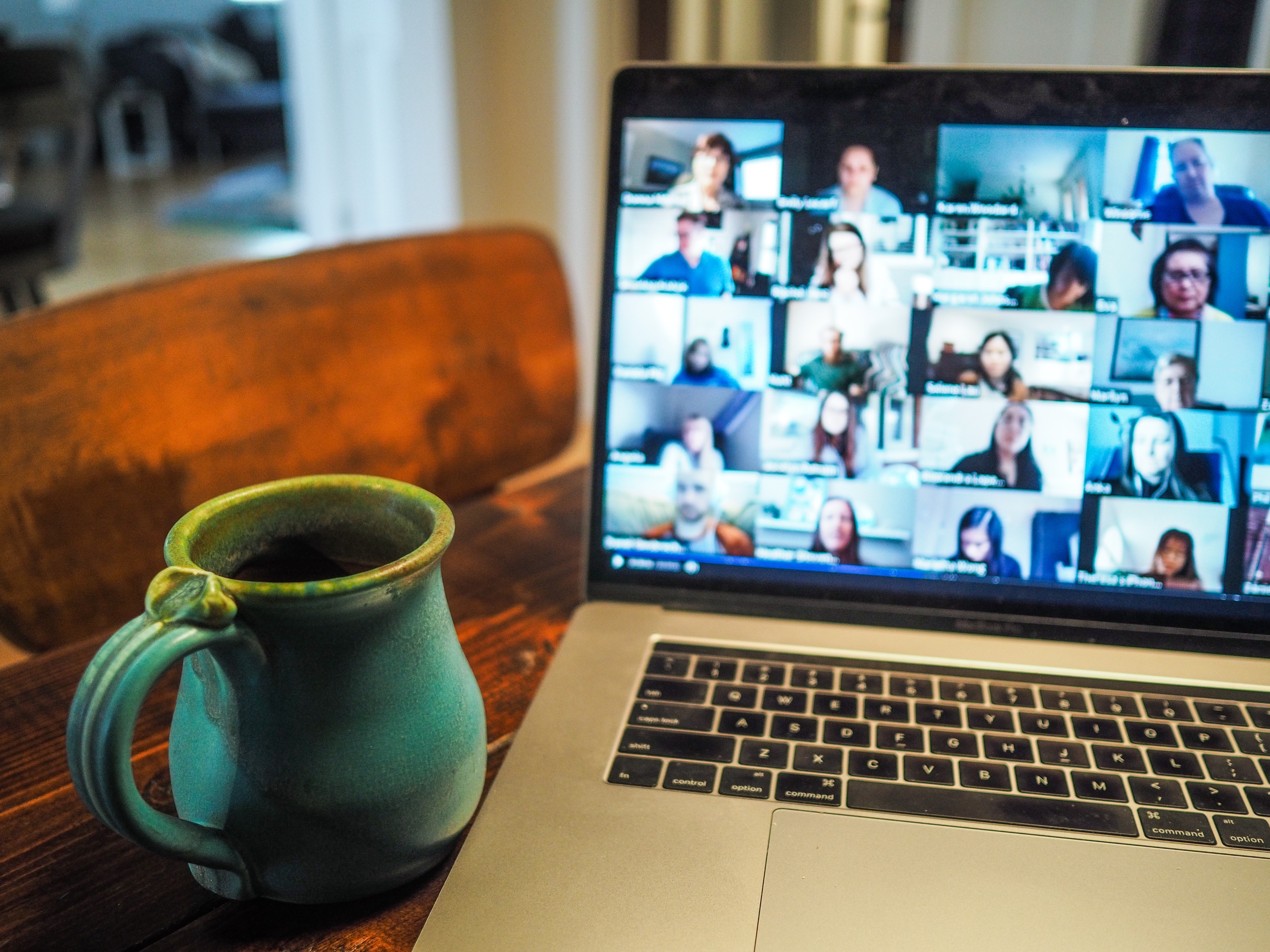We can all agree that the coronavirus pandemic rapidly changed our daily work life. Businesses and employees alike have been swiftly forced to adapt to an entirely new way of functioning, with many creatures of habit saying goodbye to comfortable routines. Despite the enormous challenge, our ironclad company culture has distinguished us in the eyes of our team, as their spouses work alongside them and stand amazed at the comparative ease we’ve adjusted to a new reality. Here are five tips for safeguarding your own company culture:
Move Fast
The world just changed? That means that your annual plan is teetering and your quarterly goals are fiction. In a crisis, assemble your best people to reset your short-term priorities and goals. Do it fast. In mid-March, our company created a Task Force, composed of five of our most innovative people. We met every day for two weeks. On day 1, we started by building a list of possible initiatives. On day 2, we used RICE scoring to prioritize those with low costs, likely impact, higher chances of saving jobs, and so on. Quickly we zoomed in on the two best that could be done simultaneously without competing for resources. By day 3, we started building the short-term and mid-term implementation plans, developing projections, and reassigning resources. The work was incredibly impressive and we’d moved faster than we ever have before. However, one thing we learned was to bring other leaders up to speed earlier. At the end of two weeks, we had to put in extra effort to make them feel like they were on the same page.

Hoard Cash to Protect Your People
Revenue is down, and you don’t know where the floor is. The economy is shaky, and customers are running scared. It’s more important than ever that you protect your talent. They’re the people that will get you out of it. For us, that meant increasing our cash runway to 12 months by tapping our lines of credit, getting a PPP loan, negotiating with vendors, and cutting non-payroll expenses — travel helped by dropping 100%! In doing so, we kept everyone’s health and retirement benefits. Just as important, we kept abreast of employees’ overall well-being. Empathy is not optional. After all, when this subsides, your team will remember how they were treated in a time of crisis.
WFH For The Win
Make sure that your business can effectively run remotely. Fortunately, our company already had employees stretched from Las Vegas to Dublin. We developed the culture long ago to embrace the tools and systems that have allowed for a seamless remote work schedule. Google’s G-Suite works wonders for meeting management and a substitute for whiteboards. We’ve had instant messaging since ICQ, and now with Slack, our teams communicate effortlessly and our chat rooms maintain our culture. Zoom is how our meetings are done — video on, please! — and attendance has been even better virtually for the fun get-togethers that intertwine the fabrics of our lives. Your team already uses these tools under other names, like Snapchat and Messenger. Following the painful reality of COVID-19, few employees will want to work for a company that doesn’t allow for flexibility and remote working.
Be Transparent
The news is partisan and scary. Very little is concrete. It’s more important than ever to provide consistent updates and communication. Our company’s top two leaders do weekly company meetings to update everyone on the current state of our business. They’re short: under 10 minutes. They’re factual: how’s our cash position, or how are we doing towards our goal? And whenever possible, they address an elephant in the room, so people don’t let silence fill the vacuum. We’ve gotten consistent feedback that this has built trust in our team and has ensured that everyone is on the same page while distanced. It takes us on average an hour to prep each week. It’s worth it.
Keep It Light
Being safely together in one space as one team is not possible right now, but that doesn’t mean you can’t still uphold workplace traditions. Be sure that you are scheduling regular virtual social events. We’ve used Happy Hours, trivia nights, and karaoke. Simple relaxed activities like these not only maintain a needed semblance of normalcy among the team, but also keep your company’s culture thriving.
While the pandemic has certainly thrown us all through a loop, it doesn’t mean your company culture has to take a hit. If all else fails, remember to communicate.

